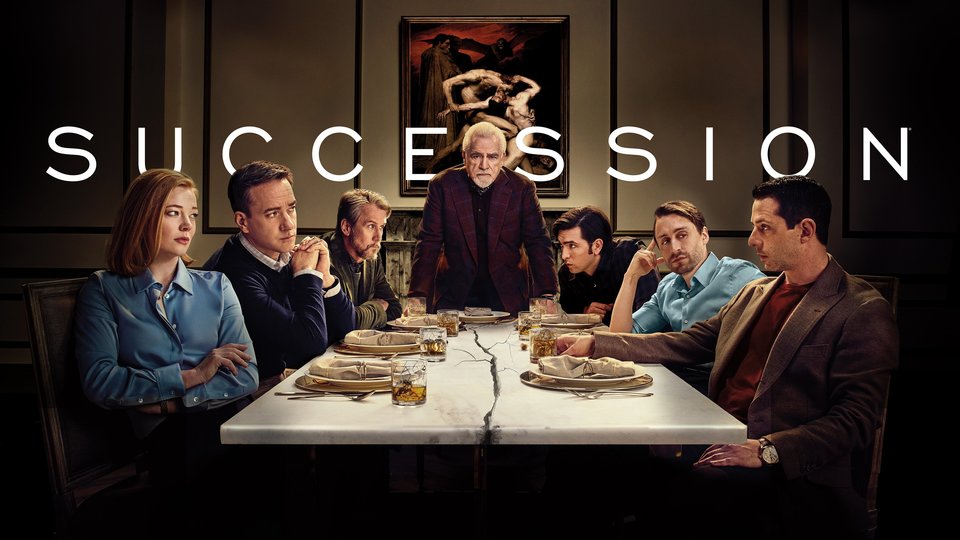Congrats on your engagement! While you plan your Florida wedding and taste cakes, consider adding one more important task: discussing a Florida prenup. During this exciting time, honest conversations about finances can strengthen your future together.
Florida Prenups Build Financial Teamwork
Old myths about prenups fade quickly these days. Instead of signaling distrust, Florida prenups now serve as helpful planning tools. Through open discussion, couples protect both partners clearly and fairly.
“A Florida prenup opens honest money talks before marriage,” says Tampa lawyer Jennifer Martinez. “Couples who communicate about finances often build the strongest marriages,” she adds.
What Makes Florida Prenups Special
Florida maintains unique prenup rules compared to other states. Because of these differences, understanding local requirements helps your Florida prenup stand up in court if challenged.
First, Florida courts demand complete financial disclosure from both parties. Without sharing all assets, debts, and income, courts may void your entire Florida prenup later. Additionally, timing plays a crucial role in Florida prenups.
Never rush a prenup days before the wedding! Since courts view this as potential pressure, you should complete your Florida prenup months before your ceremony. This approach gives everyone time to think carefully and seek proper legal advice.
Must-Have Items in Your Florida Prenup
Every effective Florida prenup should cover:
- Assets and Debts: Clearly list what remains separate and what you’ll share together.
- Alimony Plans: Decide thoughtfully if you’ll provide support after divorce and under which terms.
- Inheritance Rights: Protect family businesses and precious heirlooms from division.
- Business Interests: Shield your entrepreneurial ventures from potential disputes.
Interestingly, many Florida prenups include sunset clauses that end certain provisions after specific milestones. For example, these might activate after 10 years of marriage or when children enter the picture.
What Can’t Go in Your Florida Prenup
Despite their flexibility, Florida prenups cannot legally include:
- Child custody arrangements
- Predetermined child support amounts
- Provisions that encourage divorce
- Terms that would leave one spouse impoverished
- Non-financial personal matters
Florida Prenup Options: Online or Lawyer?
Although online Florida prenup templates offer affordability, Florida’s specific laws require careful attention to detail. Therefore, many couples combine both approaches for best results. They begin with a basic form and then consult a top prenuptial agreement lawyer to review it thoroughly.
For maximum protection, Florida courts prefer when each person has independent legal representation. Consequently, this dual-attorney approach significantly strengthens your Florida prenup’s validity.
When to Talk About Your Florida Prenup
The best time to begin prenup discussions coincides with other major planning steps. For instance, start conversations while house hunting or joining bank accounts. Rather than saying “I want to protect myself,” try framing it as “Let’s protect each other and our future.”
Throughout this process, view these discussions as opportunities to learn about each other’s values regarding money, family goals, and future plans.
Florida Prenups Build Strong Marriages
A thoughtfully created Florida prenup ultimately strengthens your marriage in several ways. Moreover, it eliminates financial uncertainties while fostering honest communication. By learning Florida’s special legal requirements and working as a team, you’ll establish a marriage built on trust and sound financial planning.
In the end, the best Florida prenups clearly reflect both partners’ intentions. As a result, you’ll enjoy greater peace of mind while building your Florida life together.
This blog provides information only, not legal advice. Therefore, please consult a qualified Florida attorney about your specific situation.











 Be open to feedback.
Be open to feedback. 



